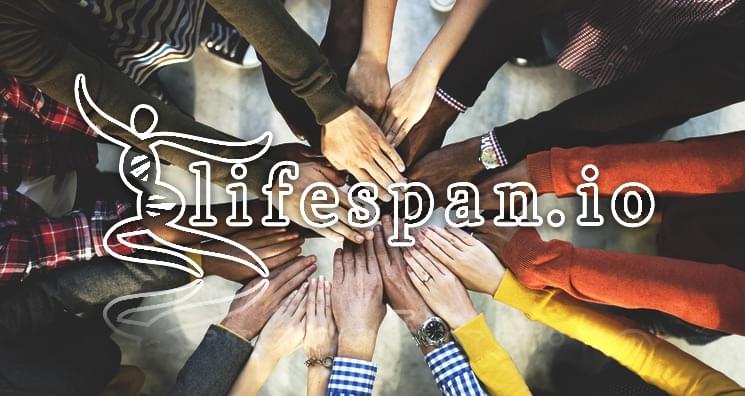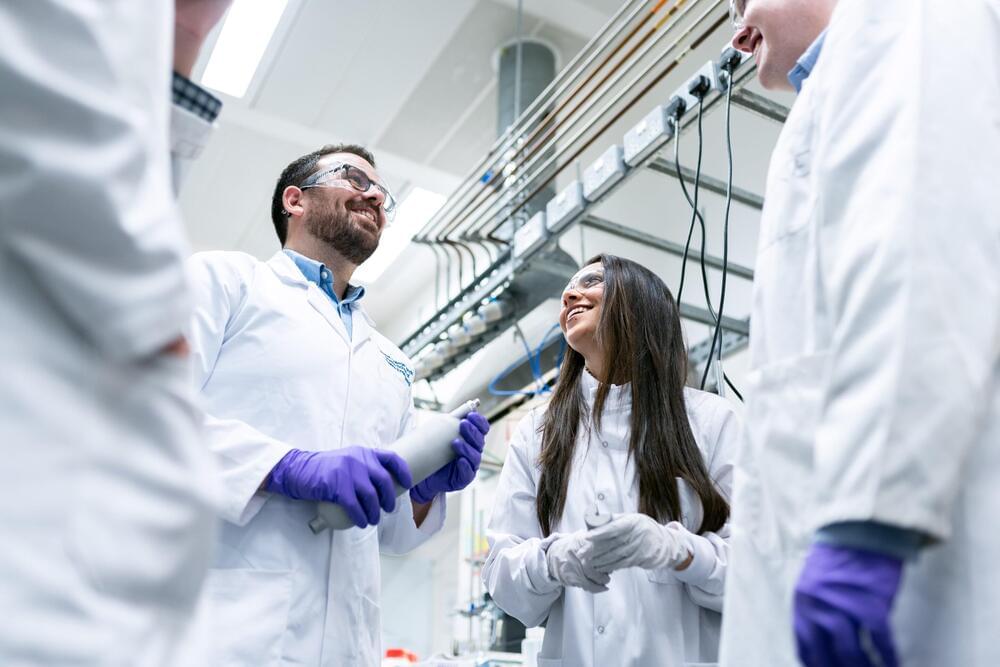May 17, 2022
Scientists Reverse Aging in Skin up to 40 Years! (May 2022 Science Update)
Posted by Jeff Myers in categories: life extension, science
Hey it’s Han from WrySci-HX going over the breakthroughs of scientists rejuvenating skin cells of middle aged donors by several decades, overcoming complete paralysis in just one day, and more! See below ↓↓↓
Subscribe!
Continue reading “Scientists Reverse Aging in Skin up to 40 Years! (May 2022 Science Update)” »


















